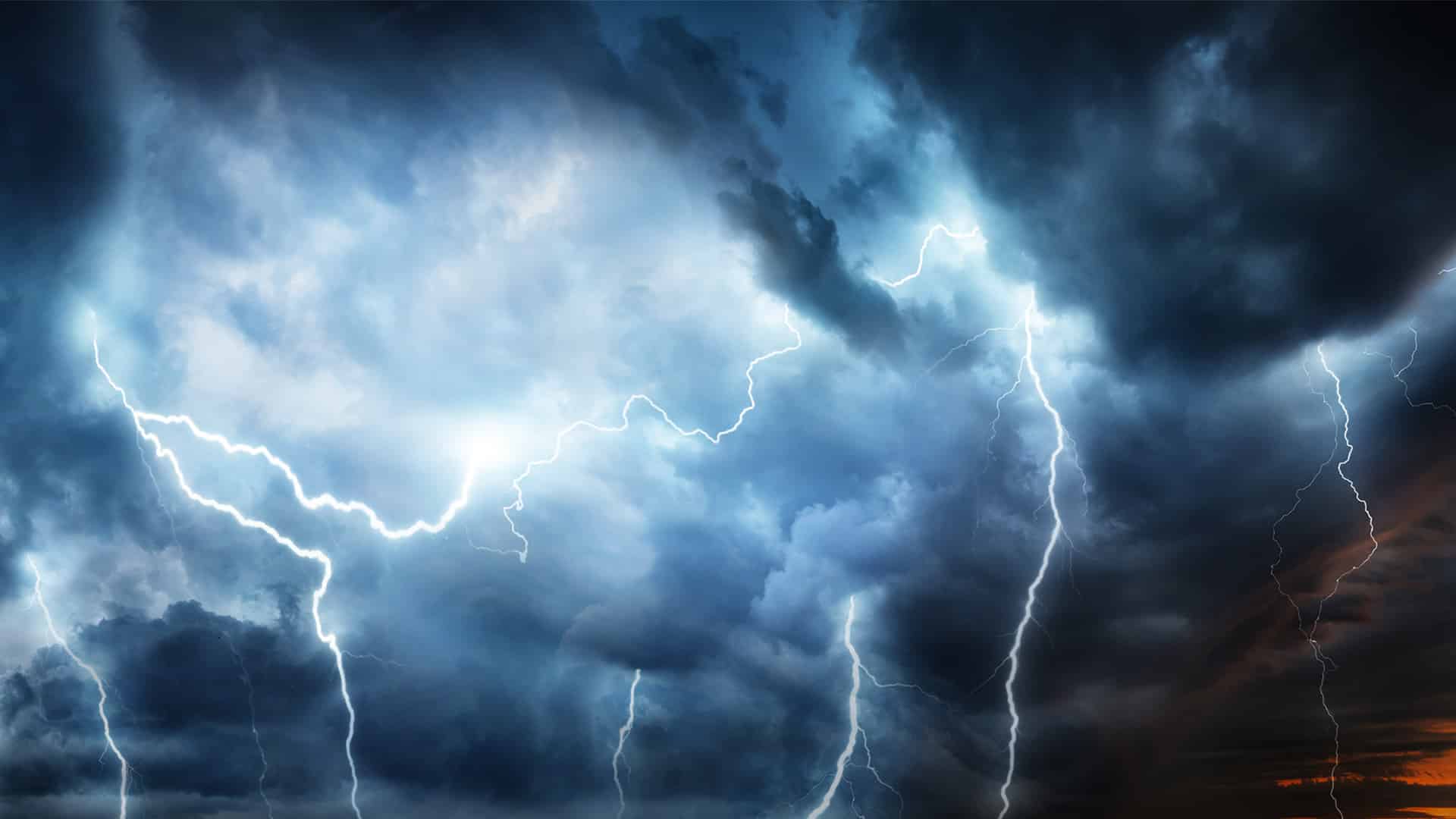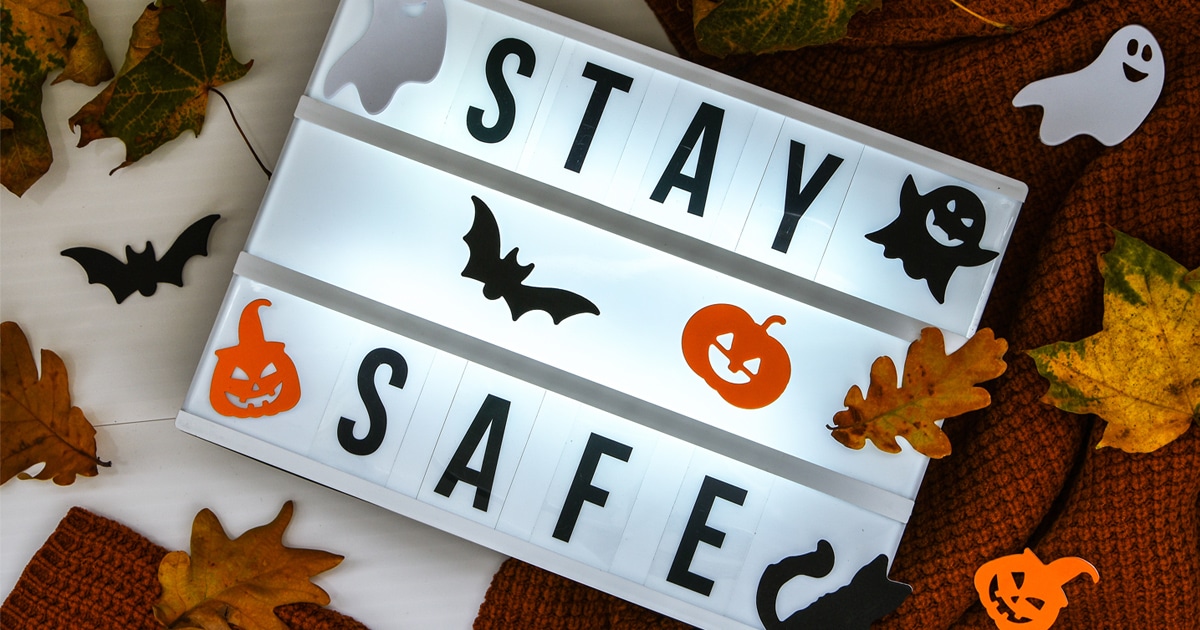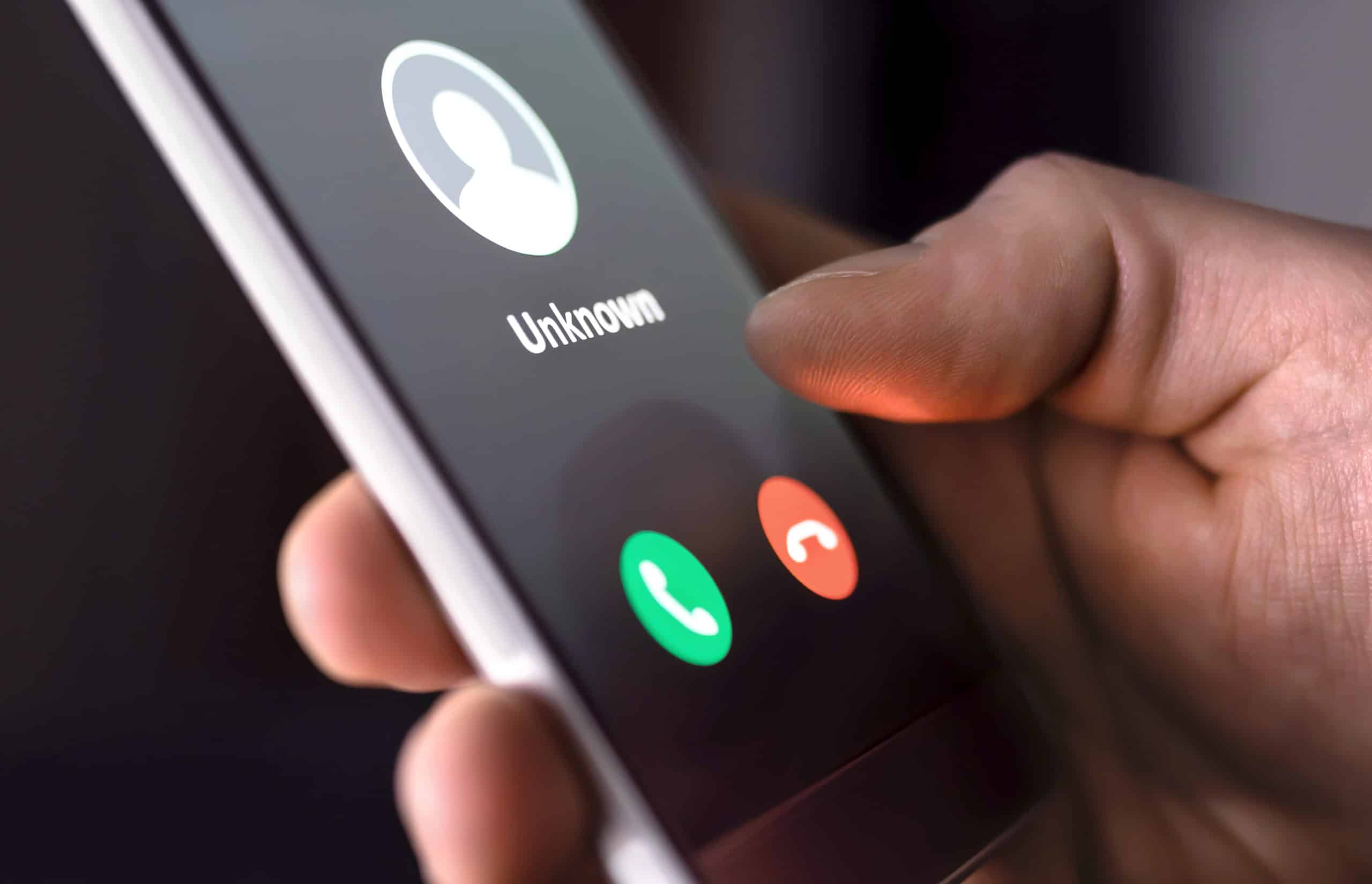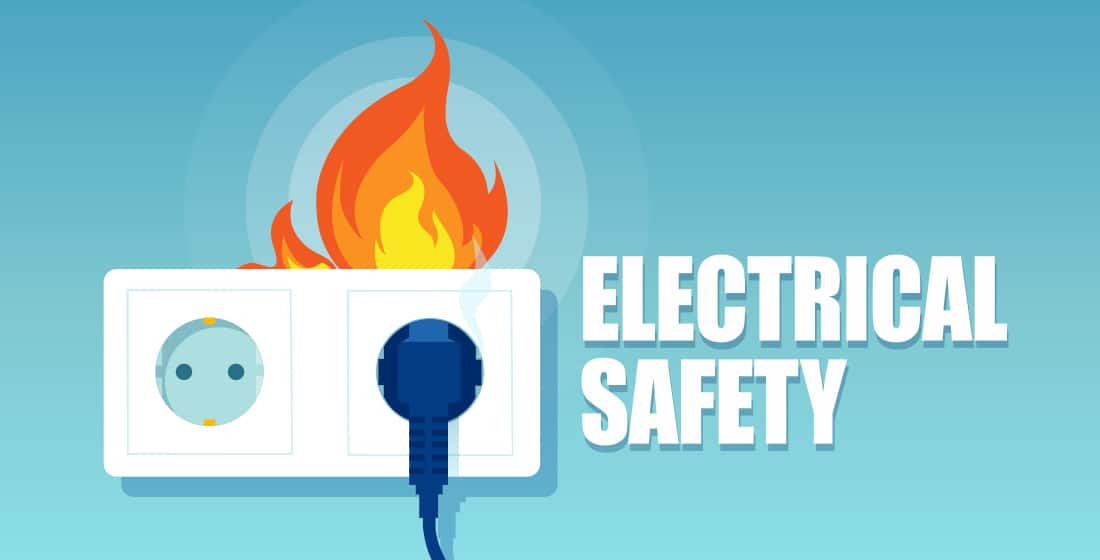When severe storms strike, there’s often little time to react to make sure you, your family and your pets are safe.
That’s why it’s crucial to be prepared ahead of time before powerful storms hit.
Below are some tips to help ensure your safety when Mother Nature is flexing her muscles.
Remember: Severe weather can bring trees down on poles and wires. Remember to always stay far away from any downed wire and always assume it’s live and carries electricity. If you own a portable generator, be sure to use it safely.
Before storms/outages:
- Use surge protectors to help protect your appliances and electronics.
- Have ground fault circuit interrupters (GFCIs) professionally installed on your outlets. These safety devices can cut off power instantly if there’s a safety hazard.
- Prepare and maintain an emergency kit with food, water, medication, and any pet supplies you may need.
- Charge your phones and other devices before severe storms.
During storms/outages:
- In the event of an emergency, call 911.
- Avoid using candles for lighting because they can start fires. Use flashlights instead.
- Keep warm air in during winter by using your doors as infrequently as possible, and close off unoccupied rooms.
- Avoid opening your refrigerator and freezer as much as possible.
- Do not use ovens or ranges to heat your home.
- Unplug sensitive home electronics. Turn off ovens and space heaters that may have been on when the outage occurred.
How to use a generator safely:
- Make sure permanent stand-by generators are hooked up by qualified professionals.
- Generators emit carbon monoxide. Never operate a generator in your home, garage or any enclosed area.
- Place generators in a dry, well-ventilated outdoor location.
- Use only safety-tested, heavy-duty cords designed for outdoor use.
- Never plug a portable electric generator into a wall outlet or connect directly to a home’s wiring. This can energize utility power lines and injure you or others working nearby. Turn off or disconnect all appliances and lights before you begin operating the portable generator.
- Once the generator is running, turn on your appliances and lights one at a time to avoid overloading the unit.
- Shut down generators properly. Before shutting down a generator, turn off and unplug all appliances and equipment being powered by the generator.
- Remember to do maintenance between uses of generators: inspect filters, spark plugs, oil, and fuel.
For more safety information from PPL’s family of companies, visit pplelectric.com/safety, lge-ku.com/safety, rienergy.com/RI-Home/Electrical-Safety/ and rienergy.com/RI-Home/Natural-Gas-Safety/.
For information on National Preparedness Month and for more tips on how to prepare for emergencies, visit ready.gov.



